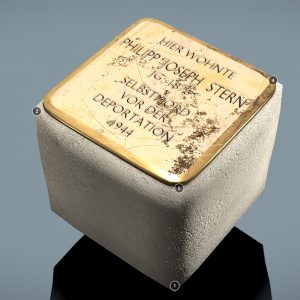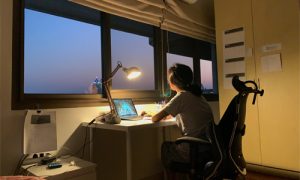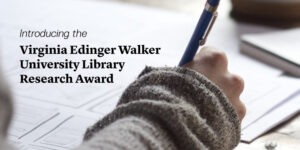 The Library is very pleased to be launching the inaugural Virginia Edinger Walker University Library Research Award. This award recognizes student achievement in original research with a special focus on the critical use of library resources and research skills. Three awards of $2000 each are available and are open to students across all disciplines and areas of study. Applicants are asked to submit a long-form research paper, a short reflective essay regarding the research process, and a brief statement of support from the course instructor. For more information about the 2021/22 academic year application process, students should refer to the AwardSpring platform.
The Library is very pleased to be launching the inaugural Virginia Edinger Walker University Library Research Award. This award recognizes student achievement in original research with a special focus on the critical use of library resources and research skills. Three awards of $2000 each are available and are open to students across all disciplines and areas of study. Applicants are asked to submit a long-form research paper, a short reflective essay regarding the research process, and a brief statement of support from the course instructor. For more information about the 2021/22 academic year application process, students should refer to the AwardSpring platform.
This award celebrates the legacy of Professor Virginia Edinger Walker, who taught art history at Ryerson for more than 20 years. It has been established by Petros Dratsidis, the love of her life and husband of 50 years, in recognition of her great respect for history, art history, books and libraries. Professor Walker’s dedication to her students exemplified her unflagging passion and commitment to scholarship and research, which Mr. Dratsidis is commemorating through this award to inspire future generations of scholars.
Professor Walker’s Ryerson career was hard earned; her life’s journey to academic distinction was a road constructed around many obstacles and frequent delays. Her Depression-era childhood in a struggling farm family in the U.S. Midwest, described in a brief memoir, is reminiscent of John Steinbeck’s The Grapes of Wrath. It was a hardscrabble existence that delayed her school admission until she was nine years old.
In high school she was placed in a commercial stream rather than college prep as she wanted, a decision she ascribed to her working class roots. As a result, when she decided some years later that she wanted to attend university, she was required to complete a difficult pre-entrance year to prove her worth. She was eventually admitted to the University of California at Berkeley, from which she graduated with a Bachelor of Arts degree and a Master of Arts degree before moving to Toronto with her family in 1965. It was here, in 1969, that she met Mr. Dratsidis in a seminar while both were pursuing post-graduate studies at the University of Toronto. They were together until her passing in 2019, sharing a life full of passion and travel.
For several years after her arrival in Canada, Professor Walker taught part-time at York University and in the Fashion Department at Ryerson Polytechnical Institute, where she designed three courses (History of Art, History of Costume and History of Design). After she was hired full-time at Ryerson in 1980, she organized annual study tours for second-year students, with whom she visited museums, galleries and workplaces in London, Paris, Milan and Florence. Those students she encountered in later years often told Professor Walker of the deep impression those unique experiential learning opportunities left on their lives. The tours continued until her retirement in 1994. She spent many subsequent years as a docent at the Art Gallery of Ontario.
Professor Walker valued education; it had not come easily to her and she never took it for granted. She loved teaching and took a great interest in her students. To the end of her life, she continued her own education through research and extensive reading, developing an interest in world history in her later years.
It is important to Mr. Dratsidis to commemorate his wife’s legacy and passion for teaching and learning – indeed, for life. In creating this award at the Ryerson Library for original student scholarly, research and creative (SRC) work, it is his desire that Professor Walker’s contributions to the Ryerson University academic community are not forgotten.
Copies of winning students’ work will be deposited in the University Library’s Digital Repository, an open access digital archive for the University’s research publications and output.
In addition, winning authors will be invited to present their work at an annual University Library event to recognize and celebrate outstanding student SRC achievement.
For more information, contact:
Joanna Beyersbergen
Director of Development, Library
416-979-5084
jbeyersb@torontomu.ca
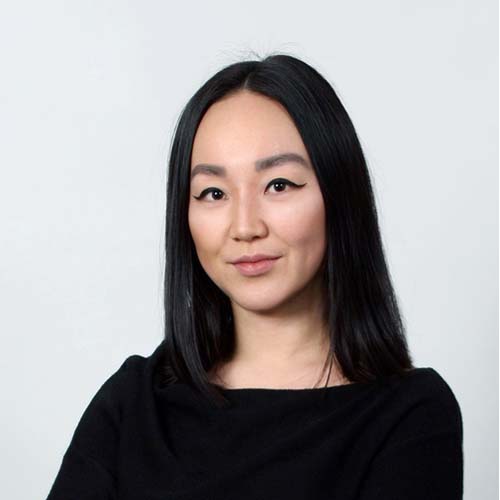 In Spring 2021, the University Library introduced a pilot Research-in-Residence (LRiR) program designed to foster, enhance and expand its role as a centre of innovative and collaborative interdisciplinary SRC on campus.
In Spring 2021, the University Library introduced a pilot Research-in-Residence (LRiR) program designed to foster, enhance and expand its role as a centre of innovative and collaborative interdisciplinary SRC on campus. 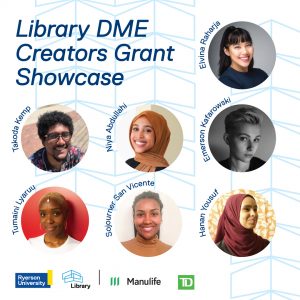 In March 2020, four students and one team of students, submitted their extraordinary project ideas for the Library DME Creators Grant, just prior to the university’s closure due to COVID-19. While the world was trying to grapple with a global pandemic and contain the spread of a swift moving virus, these students continued to charge ahead and take hold of projects they felt passionately about.
In March 2020, four students and one team of students, submitted their extraordinary project ideas for the Library DME Creators Grant, just prior to the university’s closure due to COVID-19. While the world was trying to grapple with a global pandemic and contain the spread of a swift moving virus, these students continued to charge ahead and take hold of projects they felt passionately about.